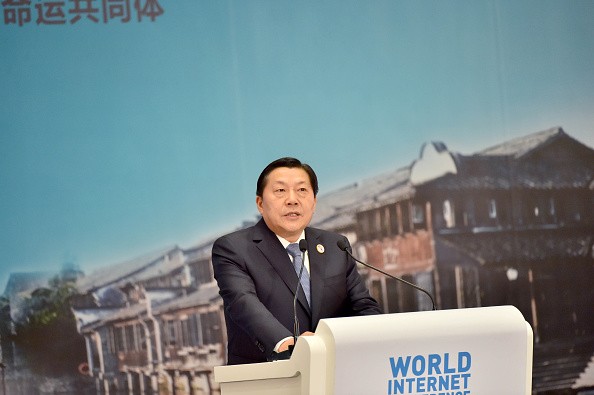Reports that China and Russia are sharing information on how to regulate and censor the Internet have been confirmed by Andrei Soldatov, co-author of the book “Red Web: The Struggle Between Russia’s Digital Dictators And New Online Revolutionaries.”
In an interview with rferl.org, Soldatov said that the Chinese-Russian cybercooperation started only last year, when Russia was looking to improve the system on how to have domestic control over the Internet. The Russian cyber control system was built by Kremlin in 2012, but it was not effective and it failed to meet its goals.
According to Soldatov, some people have proposed that having a closer partnership with China might solve the problem. He added that in Dec. 2015, the two countries reached key agreements during a conference attended by Russian Prime Minister Dmitry Medvedev and Fang Binxing, the main architect of the "Great Firewall of China."
After that, the first China-Russia cyberforum was organized and held in Moscow in April, and in the following months, the partnership gradually took shape.
The Russian author said that it was more than a partnership but a bilateral cooperation where China and Russia learned from each other.
"Russia is not just taking from China, but China is also taking from Russia," Soldatov said.
In March this year, Fang Binxing created an organization of volunteers who monitor the Internet, which was patterned after Russia's League of Internet Security, a quasi-independent organization of volunteers with a similar mission, Soldatov said.
China's cybersecurity law, which was just passed in November, has a provision that calls for localizing data in the country, and has its counterpart provision in the Russian legislation, he added.
On the Russian side, China helped them developed the new second phase of the Internet-filtration system that allows them to search for content, instead of blocking only some websites and webpages. The system is similar to the filtering method being used in China.
During the Chinese-Russian forum, a joint working group, composed of specialists from the two countries, outlined a road map for the use and control of domain names, as a method to control global corporations.
Lastly, China will supply the Russians with technology to improve their system of control over the Internet. In August, talks were held between Russian telecommunications equipment manufacturer and Chinese manufacturers like Lenovo and Huawei.
Soldatov said that the talks were focused on the licensing of Chinese manufacturing in the country, to implement the "Yarovaya law," the Russian federal law that extended its cybercollection powers, signed into law in July 2016. It would also enable them to replace Western telecommunications technologies with Russian technology or substitute Western technology for Chinese.
China will also help Russia on how to use virtual private networks (VPNs) to bypass Internet censorship, such as in the Chinese model of control. China has developed a method by which it can blocked the Internet in only some select regions, allowing them to switched off websites or the connection between two parties.
Soldatov said that China is ahead in this area and Russia is willing to learn from them.



























